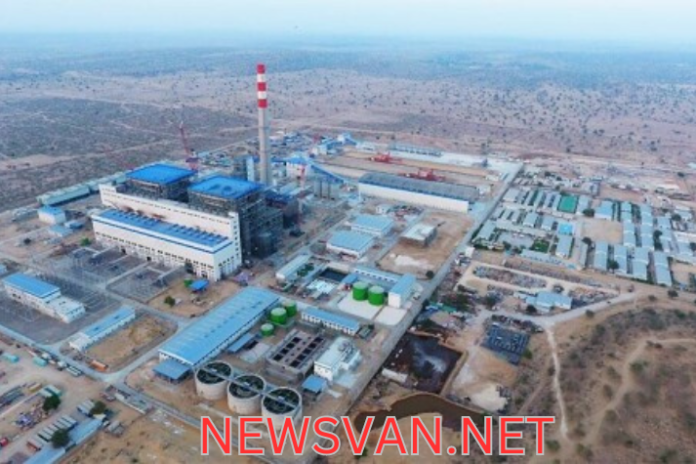ISLAMABAD: This month, Pakistan will ask Chinese power plants operating in the country to shift to using Thar coal rather than imported coal, the power minister said on Sunday.
During the visit to Beijing, the administration may also begin discussions about re-profiling the oil sector’s debt, according to Awais Leghari.
Mr Leghari will be part of a group to examine structural reforms to the electricity industry proposed by the International Monetary Fund (IMF), which approved a $7 billion bailout for Pakistan last week.
KEEP READING:
FO summons German ambassador over vandalism attack on diplomatic mission in Frankfurt
Patchy rain does little to cool down sweaty Karachiites
Punjab CM expresses satisfaction over best security arrangements on Ashura Day
The minister declined to expand on potential negotiations with China over re-profiling energy debt.
China has invested more than $20 billion in Pakistan’s energy sector.
“One of the key purposes of going along is the conversion of our imported coal units to the local coal. That would have a huge impact on the cost of energy [and] power in the near future. So that is one of the biggest [items on the] agenda,” Mr Leghari said in an interview.

Such a transition would benefit the Chinese-owned plants in Pakistan by reducing pressure on foreign exchange reserves, he said, making it easier to repatriate dividends and offering a better return in dollar terms.
The transition could save Pakistan more than Rs200 billion a year in imports, translating to a decrease of as much as Rs2.5 per unit in the price of electricity, the minister said.
In April, a subsidiary of the Engro conglomerate agreed to sell all of its thermal assets, including Pakistan’s leading coal producer, Sindh Engro Coal Mining, to Liberty Power.
Liberty said the decision stemmed from Pakistan’s foreign exchange crunch and its indigenous coal reserve potential.
The country’s power sector has been plagued by high rates of power theft and distribution losses, resulting in accumulating debt across the production chain — a concern raised by the IMF.
The government is implementing structural reforms to reduce “circular debt” — public liabilities that build up in the power sector due to subsidies and unpaid bills — by Rs100bn a year, Mr Leghari said.
Poor and middle-class people were impacted by a prior IMF bailout last year, which included hiking electricity bills as part of the financial arrangement that concluded in April.
Annual power usage in Pakistan is anticipated to decline for the first time in 16 years as higher rates reduce residential use, despite summer temperatures reaching near-record levels, which generally increase air conditioning and fan use.
“We’ve seen a shrinking demand trend in the last year or year and a half, and we expect this to continue unless we rationalise power prices,” Mr Leghari said, adding that the government’s main issue was to encourage demand to stop shrinking.
He said that since the per-unit tariff for power is more expensive, both urban and rural households are moving towards alternatives such as solar.
“Right now, we have close to 1,000 megawatts that are on the grid itself in the form of net metering systems and others. It’s a very conservative estimate that [solar] could be five to six times more than that on the grid right now,” Mr Leghari said.


[…] Islamabad wants Chinese utilities to use Thar coal […]
[…] Islamabad wants Chinese utilities to use Thar coal […]
[…] Islamabad wants Chinese utilities to use Thar coal […]